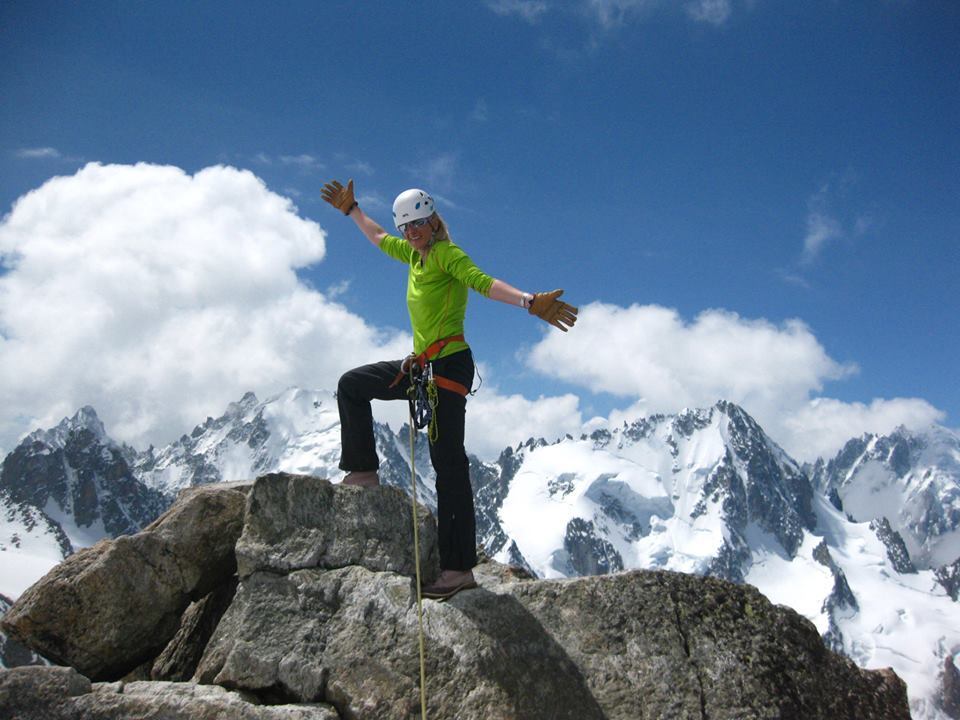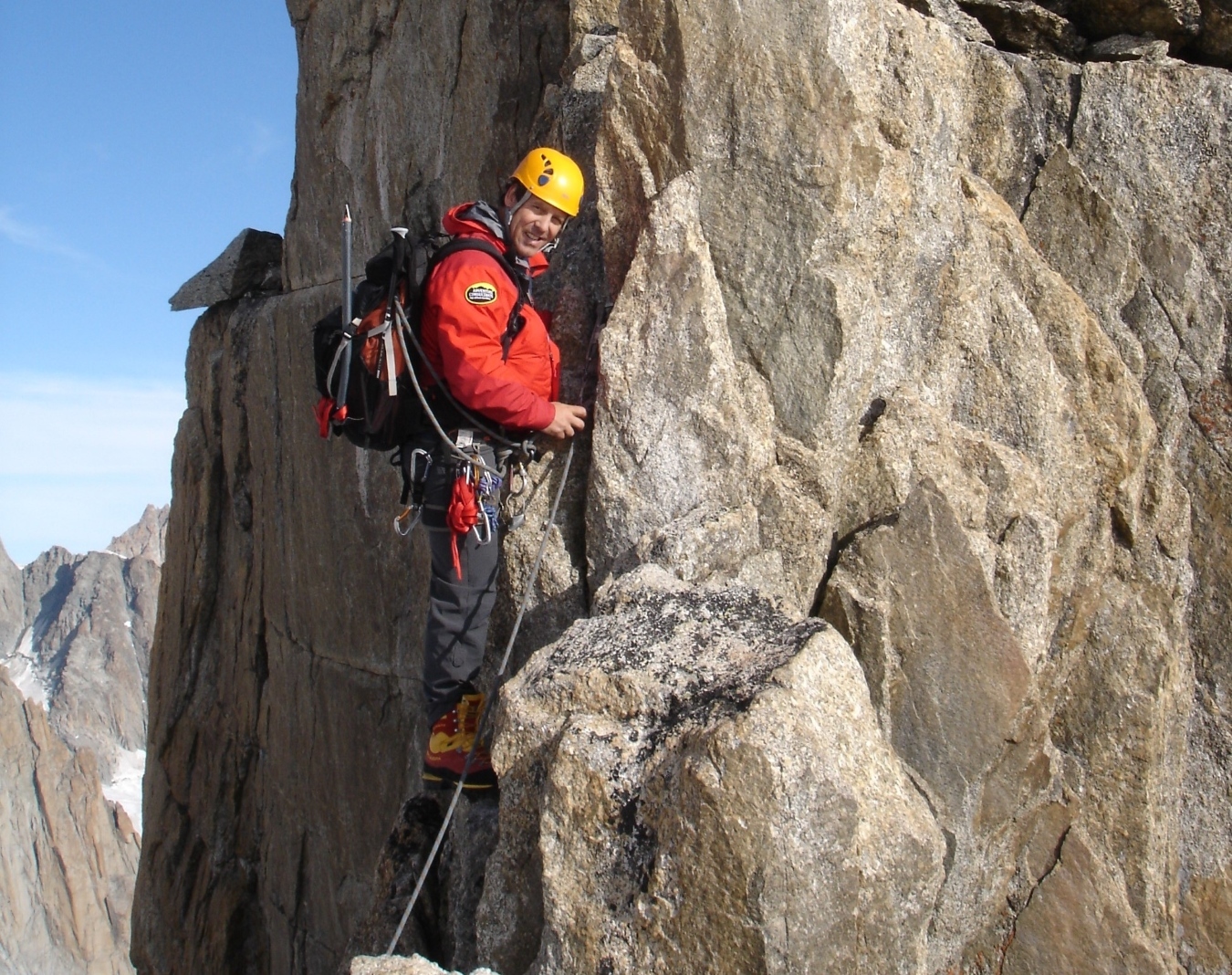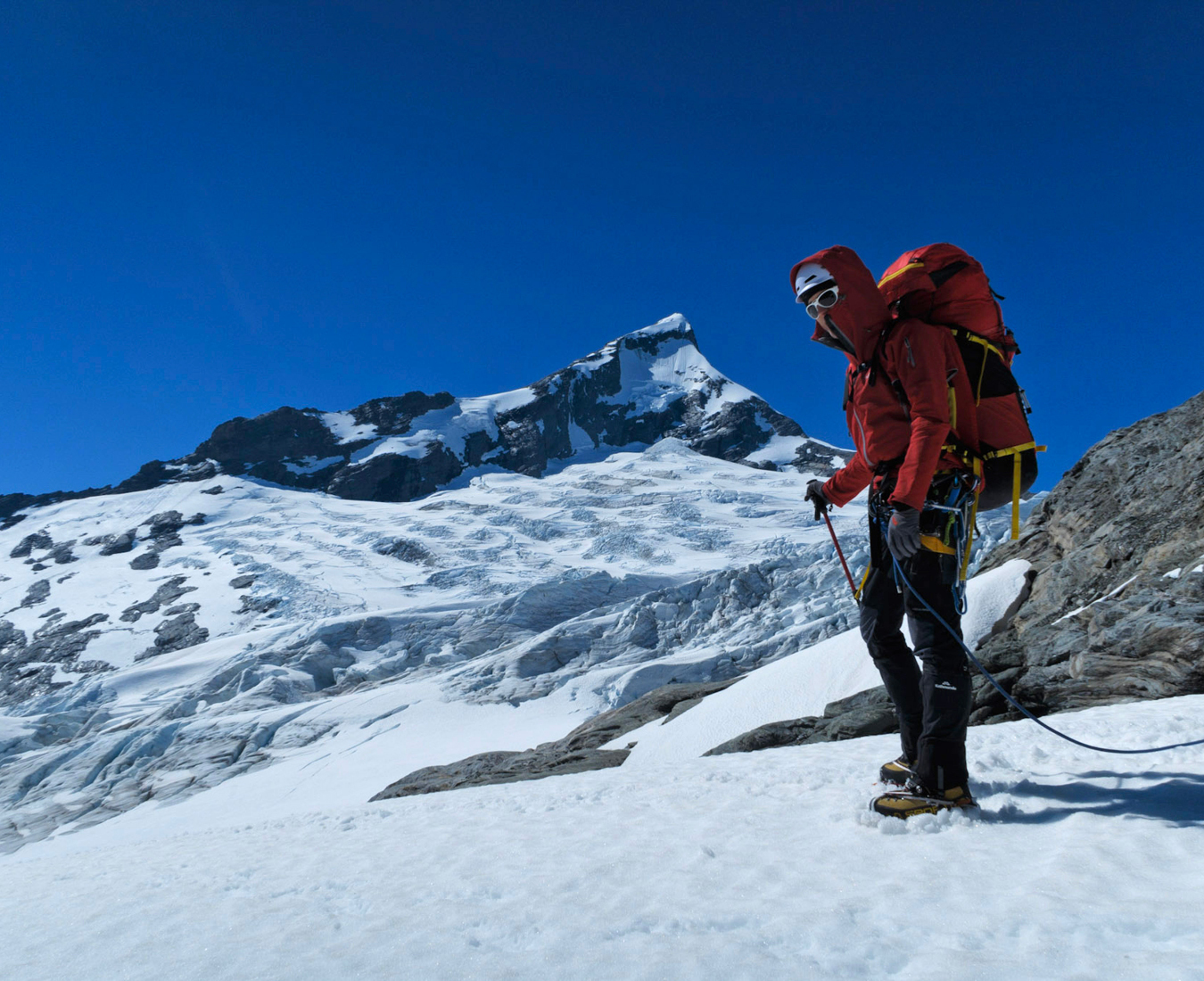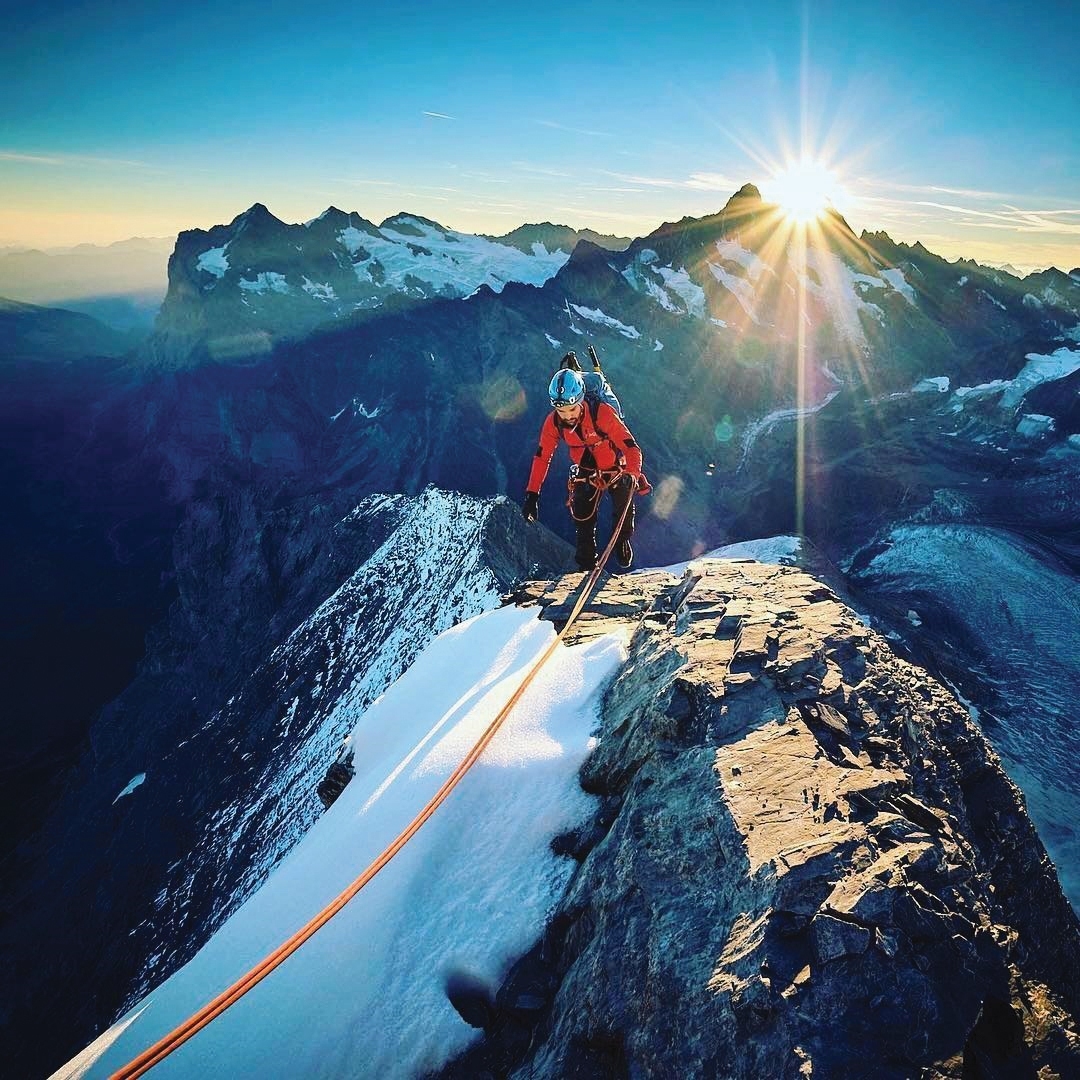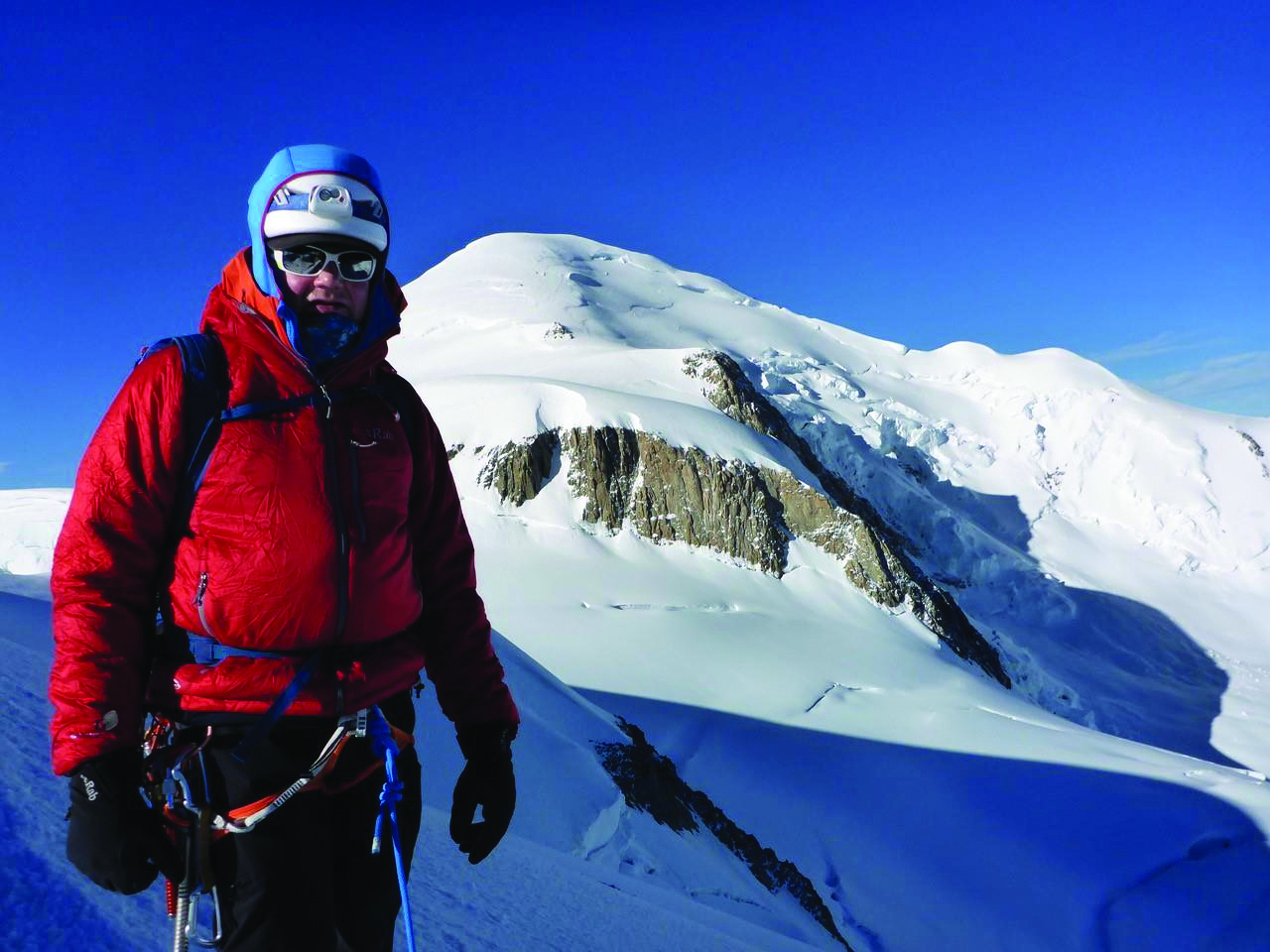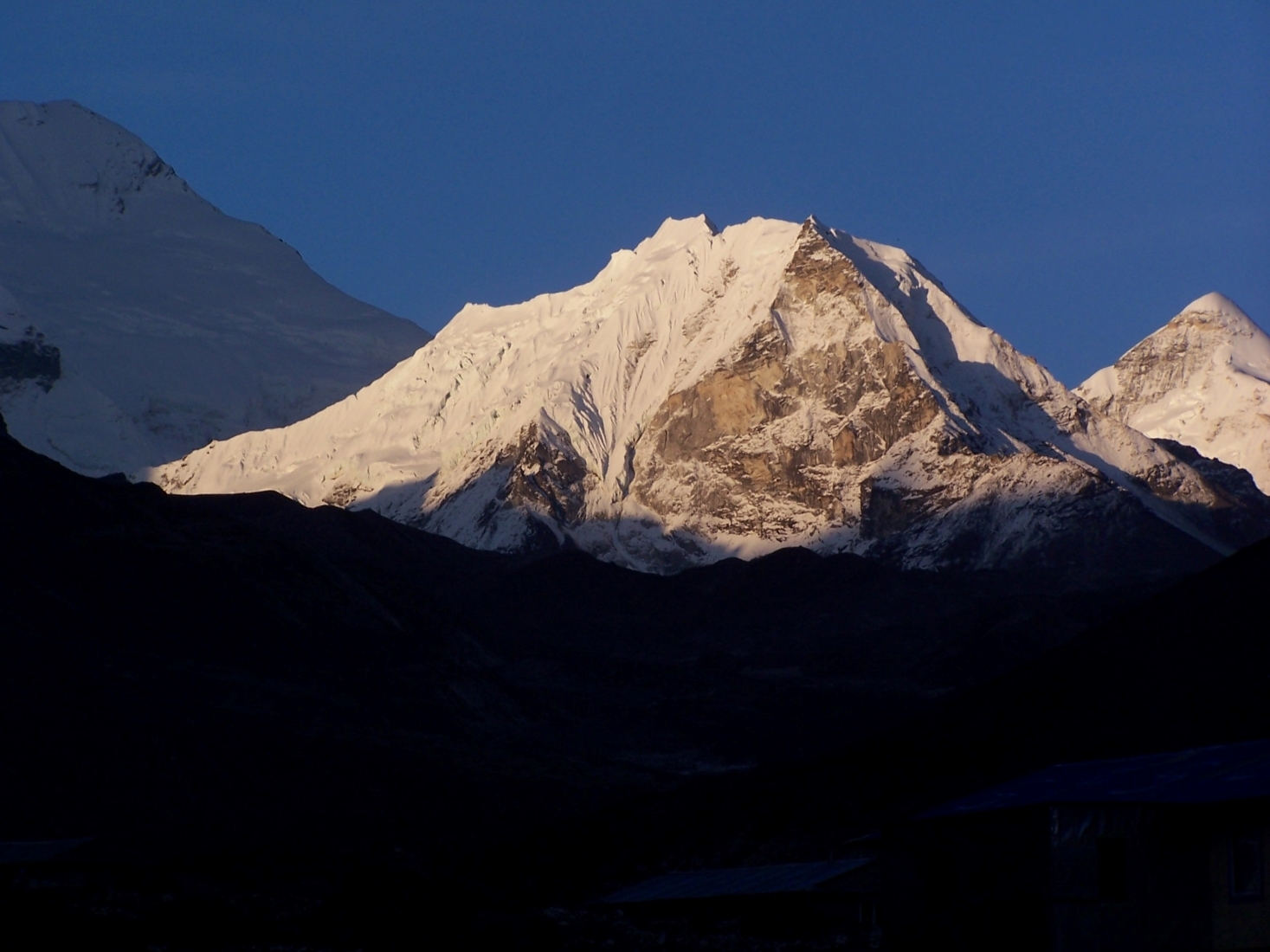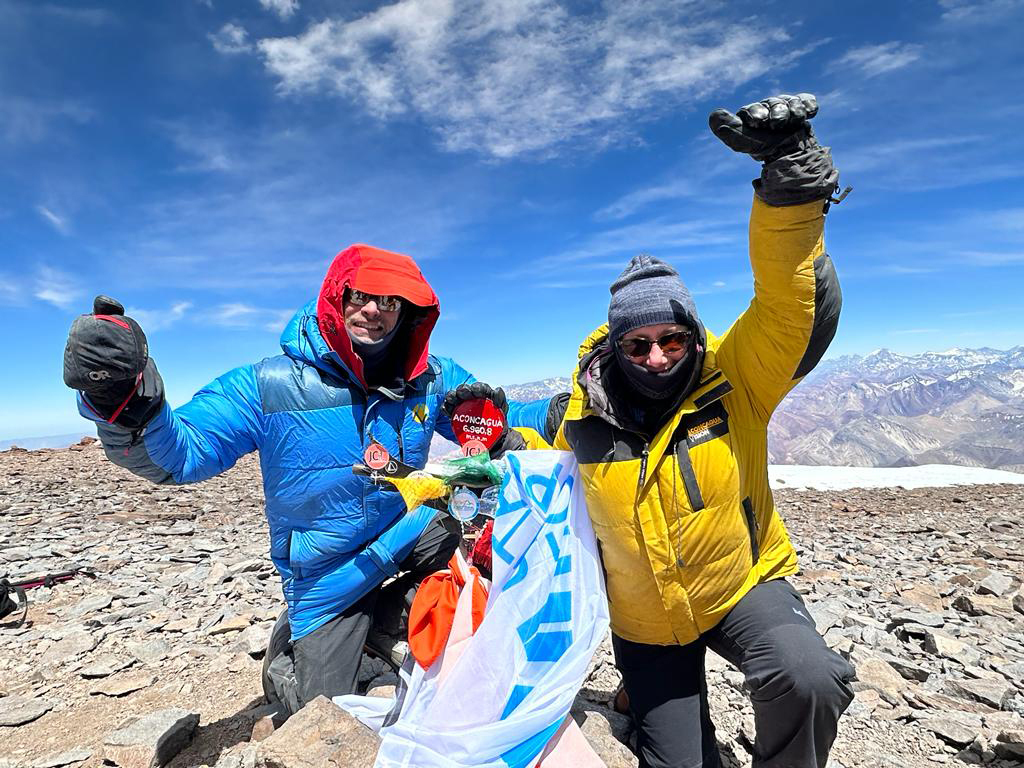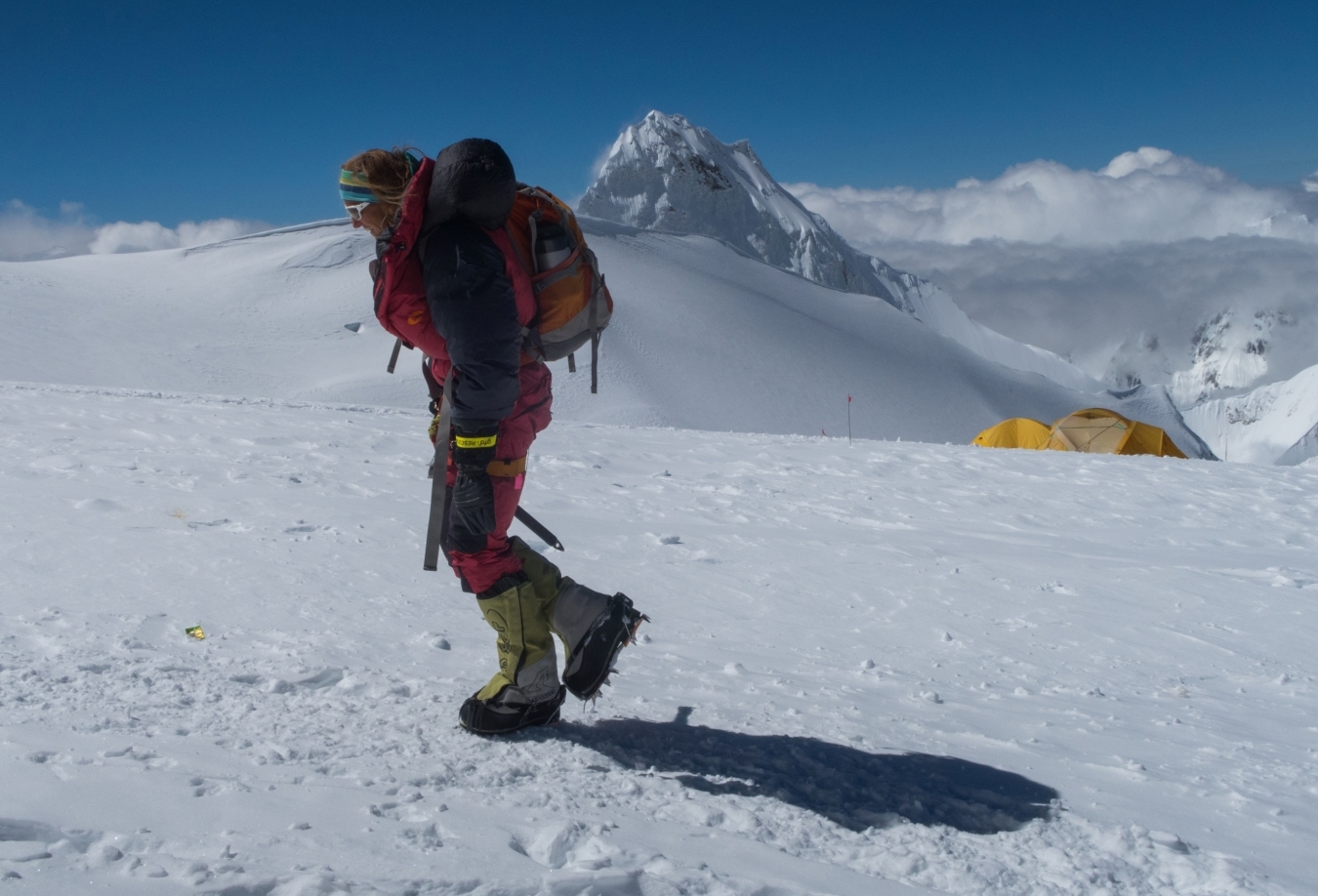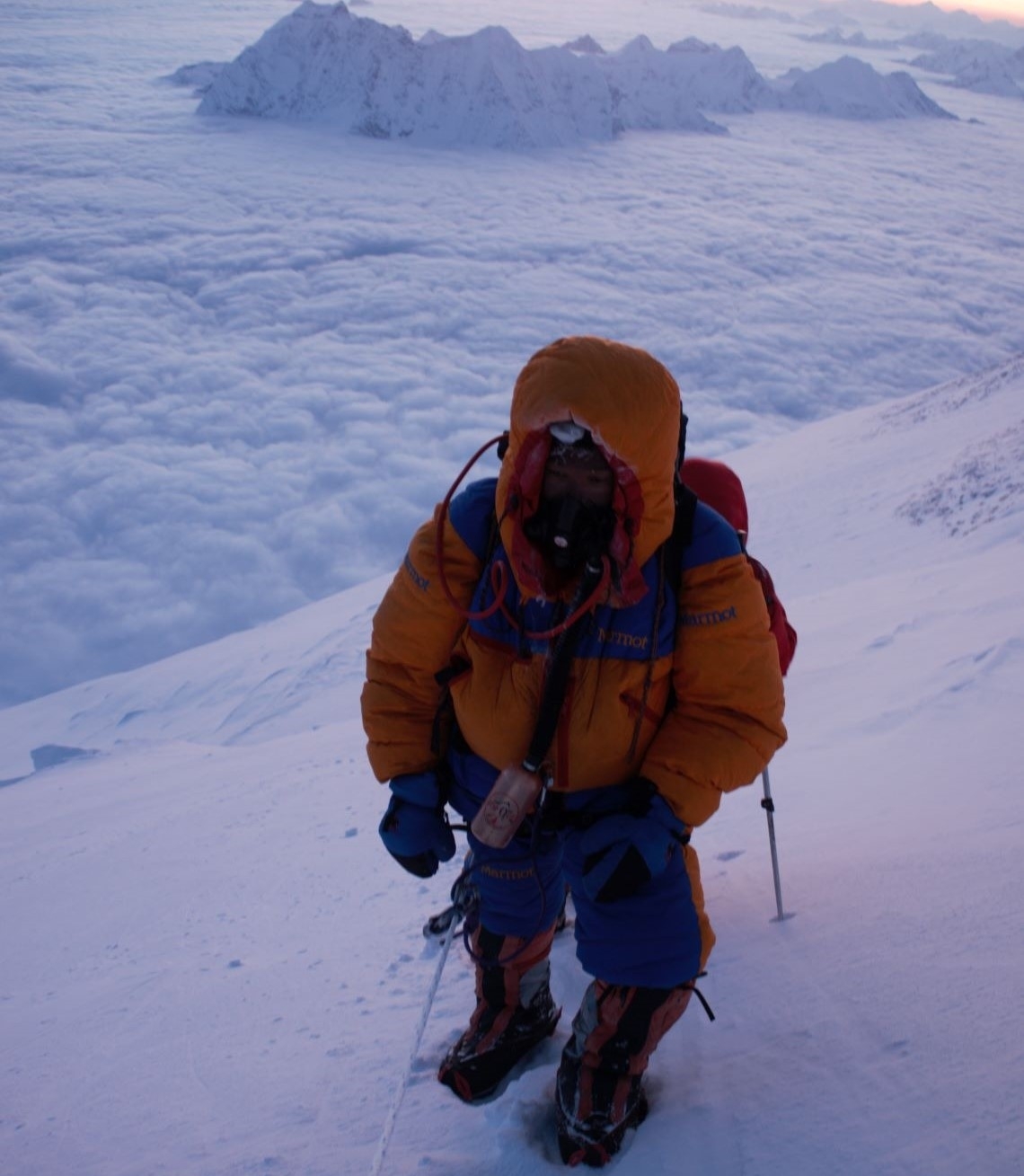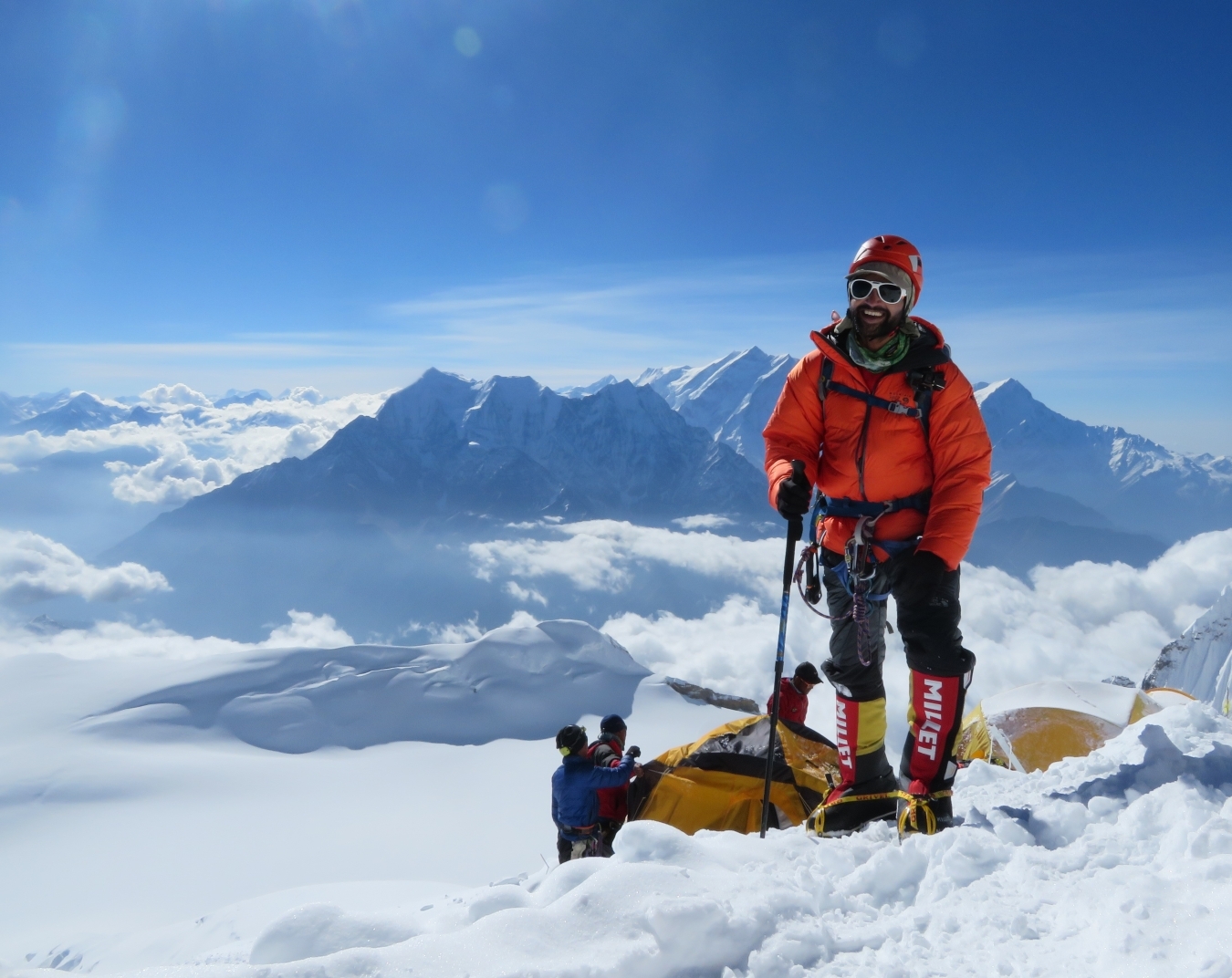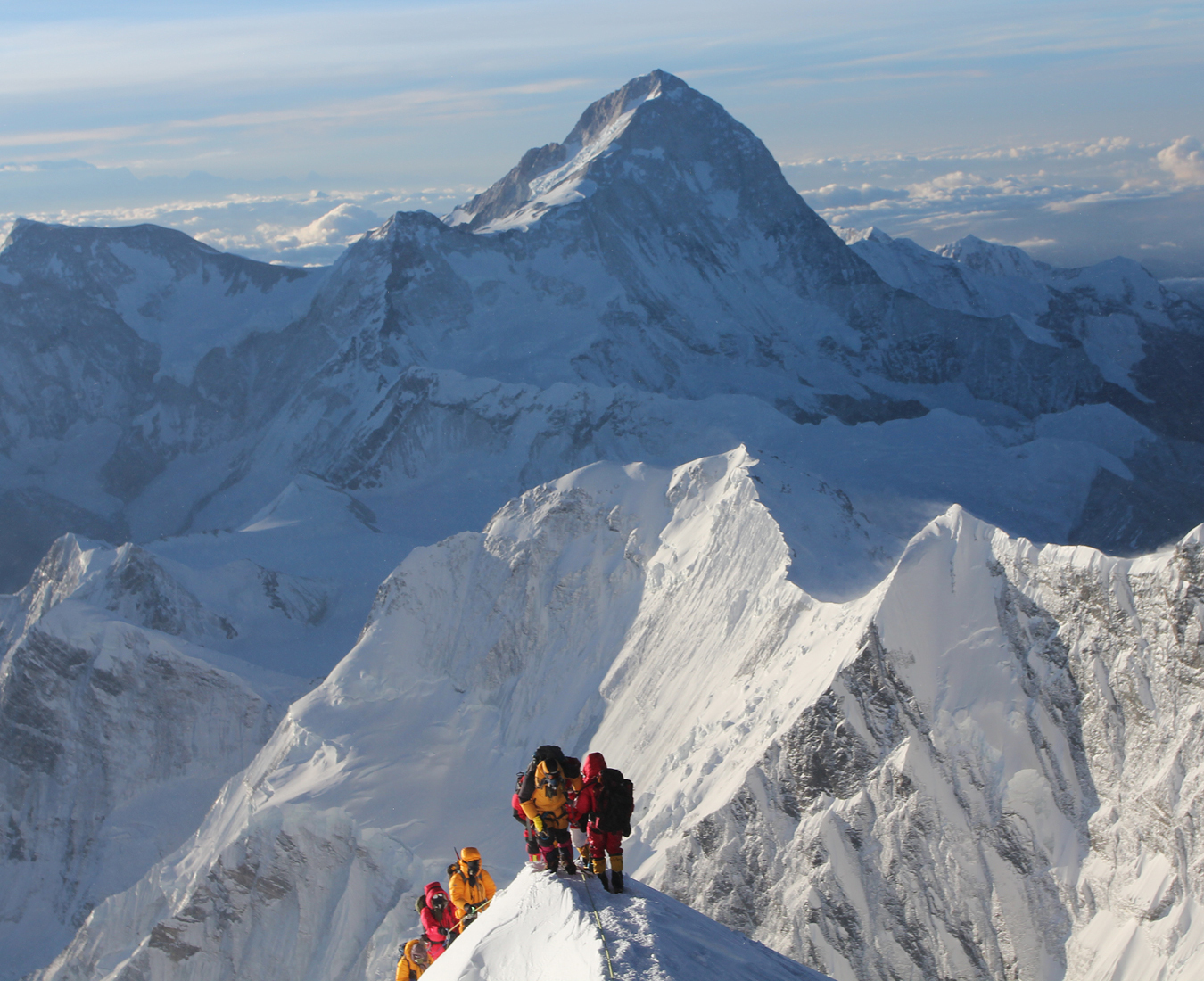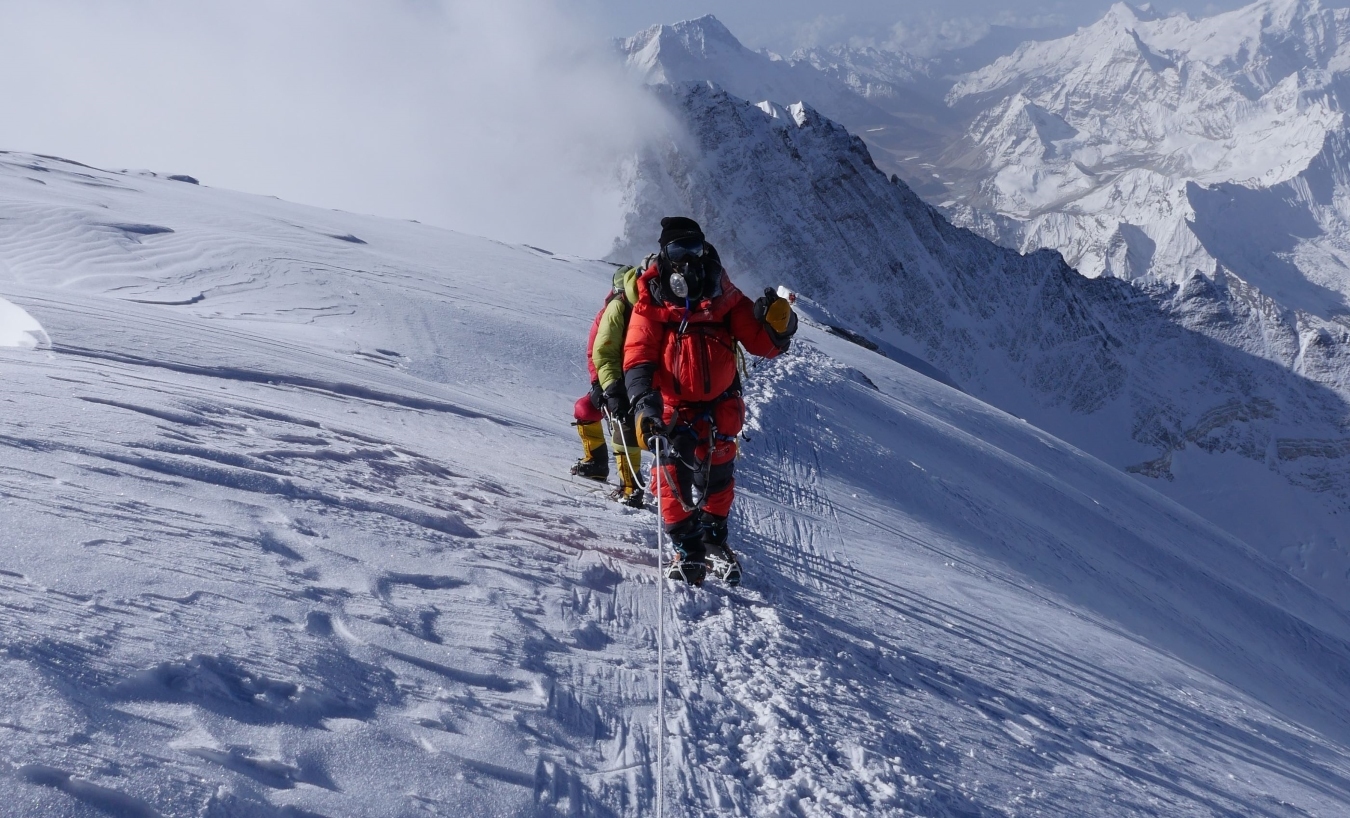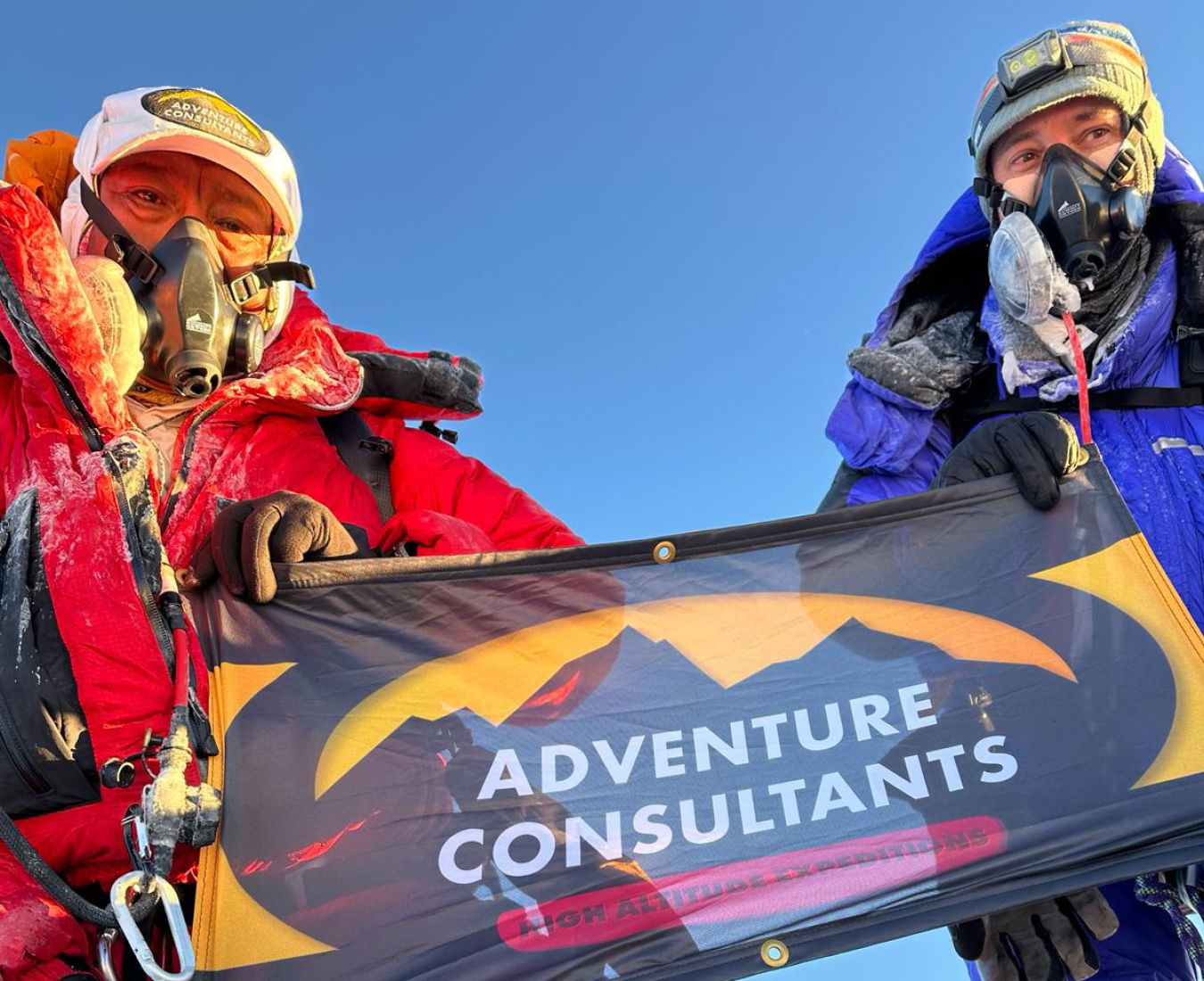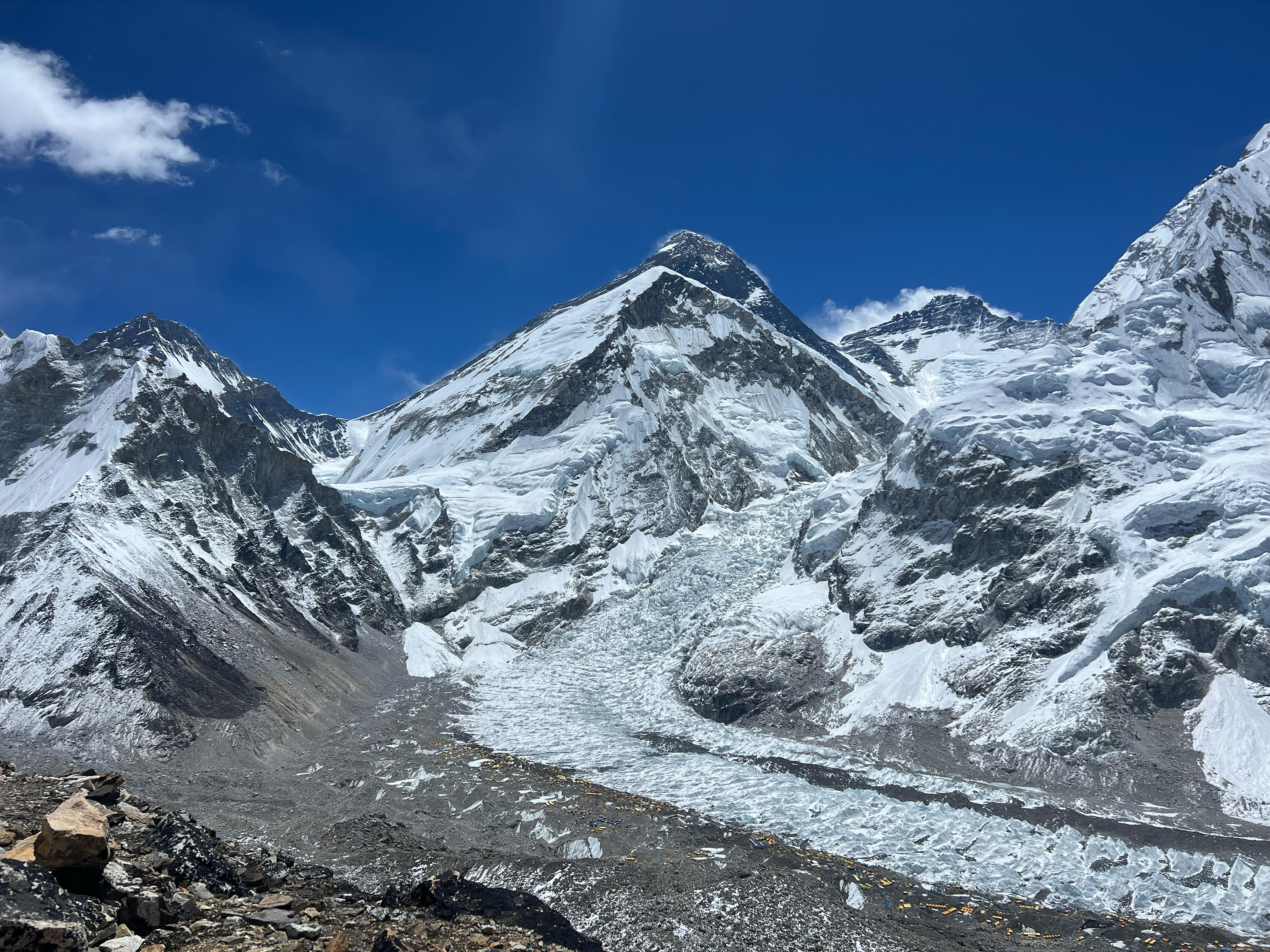
At Adventure Consultants we are focused on seeing all expedition members succeed. We also know that success cannot be achieved without the right preparation and sadly, there are no shortcuts to this! Our suggested training progression has had excellent results for previous climbers on their quest to reach the summit of the world's highest mountain.
History tells us that the more experience a climber has had at altitude, the greater their chance of success on Mount Everest. We do appreciate that all progressions are dependent on time and finance available; hence we are able to work with you to develop a program specific to your goals.
Check out the suggested progression below and talk to our team about how we can help get you onto your pathway to Everest!
STEP 1
Introductory Mountaineering Course
It's important to start with the development of robust technical mountaineering skills. From mastering snow, rock, and ice climbing to honing rope handling, glacier travel, and crevasse rescue skills, a solid foundation is crucial. If you haven't undergone a mountaineering instruction course, consider it your initial step.
Learn essential introductory alpine mountaineering skills in the Mont Blanc Massif near Chamonix, France. Read More
Personalised guided mountaineering programmes with flexibility to meet your requirements and suitable for all levels from beginner to advanced. Read More
The mountaineering course for people looking to up-skill for high-altitude or polar expeditions. Tailored to dial down on the skills you need to focus on. Read More
STEP 2
Mountaineering Ascents
Short duration mountaineering ascents should be a regular part of your training, building up 'time in the hills' increases your overall mountaineering experience.
Climb the Matterhorn of the South, New Zealand's majestic Tititea, Mount Aspiring on this 5-day mountaineering adventure. Read More
Personalised guiding with ultimate flexibility whether you have an objective or location in mind or simply after an escape from the crowds! Read More
Climb the highest peak in the European Alps, Mont Blanc with the Chamonix based Adventure Consultants IFMGA qualified guide Read More
STEP 3
6,000m and 7,000m Expeditions
Following the development of your ‘foundation’ in mountaineering skills on an instruction course, we recommend climbing glaciated mountains in the 6,000–7,000 m range. Examples of mountains that will ensure a good introduction to high altitude climbing are ascents such as Island Peak, Lobuche East, Mera Peak or our Three Peaks expeditions in Nepal, followed by consolidation on climbs such as Denali in North America, Aconcagua in South America or Peak Lenin in Kyrgyzstan. Achieving both Denali and Aconcagua are commonly seen as appropriate prerequisites for then attempting Mount Everest, yet do not involve a major time commitment as each expedition being only 3-weeks in duration.
STEP 4
8,000m Expedition
To be fully prepared for Mount Everest, we also suggest climbers scale one of the 'easier' 8,000 m peaks. This will give you the chance to fine tune your skills and equipment, and this can make the critical difference on Mount Everest on summit day. It also allows you to discover how you personally cope with extreme altitude without committing to the time and expense of Mount Everest itself. Climbing above 8,000 m is never easy though!
Climb the world's 7th highest mountain, Dhaulagiri 8167m, on this achievable, remote & spectacular professionally-led expedition. Read More
STEP 5
Mount Everest
Putting in the hard work and gaining the appropriate mountaineering skills and fitness prior to attempting Mount Everest means you've set yourself up for the best chance of success!
